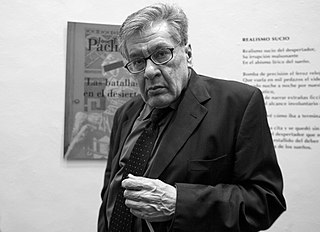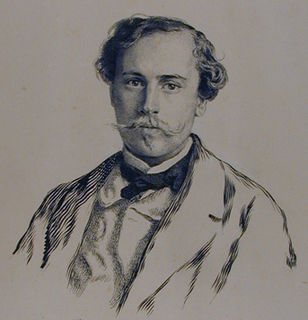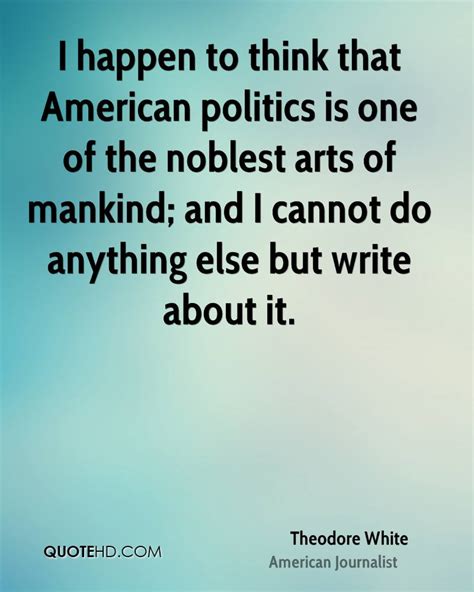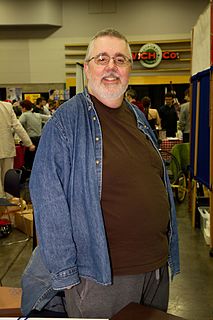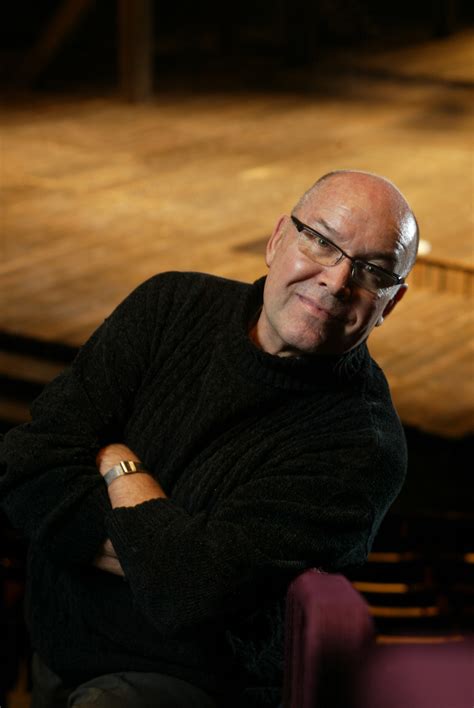A Quote by Alexander Smith
Related Quotes
The field of the novel is very rich. If you're a composer, you're well aware of the history of composition, and you are trying to make your music part of that history. You're not ahistorical. In the same way, I think, if you write now, you are writing in the historical context of what the novel has been and what possibilities it has revealed.
'We Were the Mulvaneys' is perhaps the novel closest to my heart. I think of it as a valentine to a passing way of American life, and to my own particular child - and girlhood in upstate New York. Everyone in the novel is enormously close to me, including Marianne's cat, Muffin, who was in fact my own cat.

